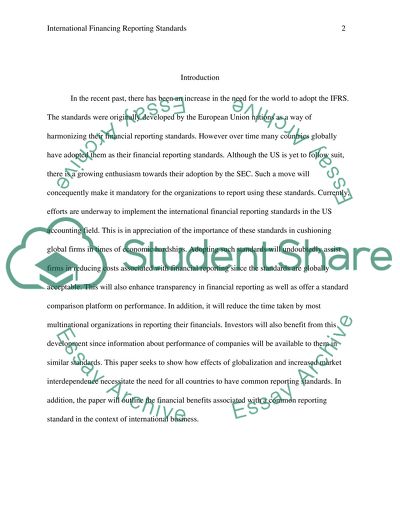Cite this document
(“International Financing Reporting Standards Research Paper”, n.d.)
International Financing Reporting Standards Research Paper. Retrieved from https://studentshare.org/finance-accounting/1491931-international-financing-reporting-standards
International Financing Reporting Standards Research Paper. Retrieved from https://studentshare.org/finance-accounting/1491931-international-financing-reporting-standards
(International Financing Reporting Standards Research Paper)
International Financing Reporting Standards Research Paper. https://studentshare.org/finance-accounting/1491931-international-financing-reporting-standards.
International Financing Reporting Standards Research Paper. https://studentshare.org/finance-accounting/1491931-international-financing-reporting-standards.
“International Financing Reporting Standards Research Paper”, n.d. https://studentshare.org/finance-accounting/1491931-international-financing-reporting-standards.


